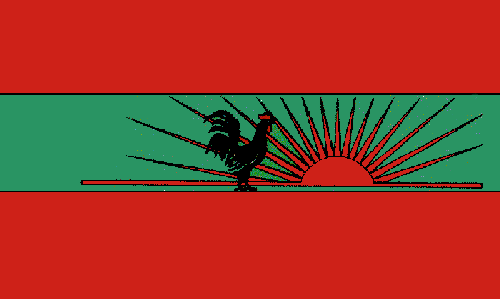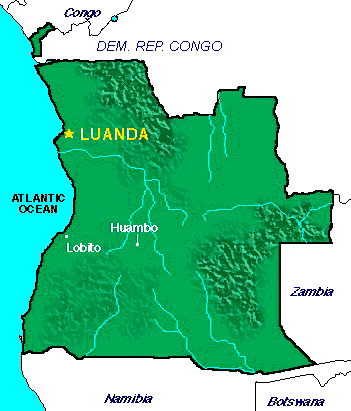



| On the eve of April 2, Radio VORGAN broadcast its last transmission: an extended program to mark the occasion and offer hope that the recent political developments in Angola will bring an end to the two decade old civil war. VORGAN (a Voz Resistencia do Galo Negro) was originally scheduled to sign off on Feb 28 as part of the UN-brokered Lusaka Protocol peace agreement, however, negotiations degenerated into continued violence and the date was pushed back to Mar 30. On April 1, the UNITA representative to the Joint Commission which is overseeing the Lusaka Protocol being put into practive, Isaias Samakuva, announced to reporters in Luanda that the station would sign off later that night. His announcement was later confirmed by an anonymous source within BBCM as well as UNITA members in Washington who were contacted by CRI on Friday. Now that VORGAN is gone, the question remains as to where the 4 "containers" CRI discovered were being used for broadcasts will go. Unless the government in Luanda demands posession of the facilities to ensure compliance, the equipment could conceivably end up in former UNITA camps in Zambia or Congo. |
In the meantime, MONUA has reported that Radio
Vorgan has significantly decreased the broadcast of hostile propaganda.
Some of its lead comments now seem to be more supportive of the demobilization
process and national reconciliation. However, UNITA has recently resorted
to a new practice of disseminating hostile propaganda from its offices
abroad, especially those based in Bonn, Lisbon and Paris.